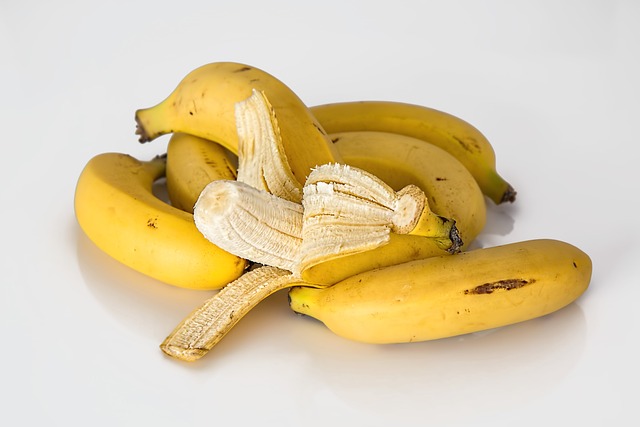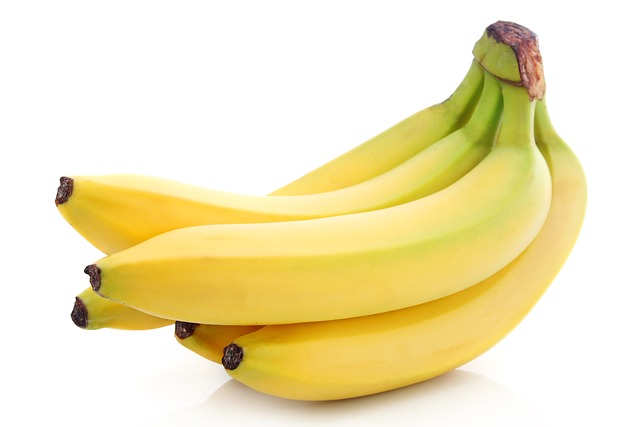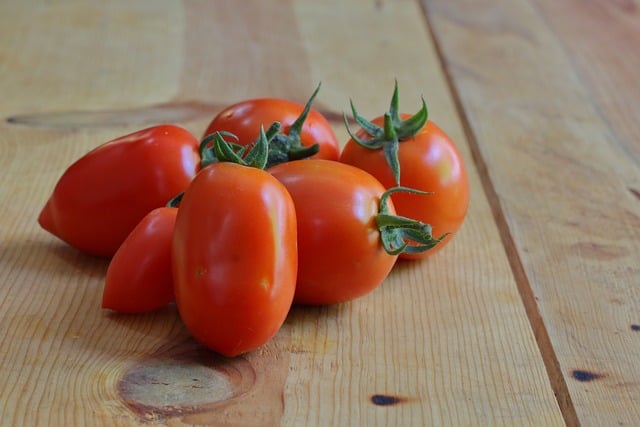Imagine grabbing a quick, energy-packed snack that comes pre-packaged by nature, tastes great, and offers a host of health benefits. Yes, we’re talking about bananas! Loved worldwide for their convenience and nutritional value, bananas are more than just a go-to fruit. But with concerns about their sugar content and questions about daily consumption, it’s time to dig deeper into the benefits of bananas and whether they deserve a spot in your daily diet.
What Are the Benefits of Eating Bananas?
Bananas are often called a “superfruit,” and for good reason. Packed with essential nutrients, they provide a range of health benefits that can enhance your overall well-being. Let’s explore what makes bananas so special:
1. A Natural Energy Booster
Bananas are rich in natural sugars (fructose, glucose, and sucrose) and carbohydrates, making them an instant energy source. Athletes often rely on bananas as a pre- or post-workout snack to replenish their energy levels.
2. Rich in Potassium
One medium banana contains around 422 mg of potassium, about 12% of your daily recommended intake. Potassium is vital for:
- Maintaining healthy blood pressure.
- Supporting muscle function.
- Preventing muscle cramps and spasms.
3. Supports Digestive Health
Bananas are rich in dietary fiber, with about 3 grams per medium banana. Fiber aids digestion by:
- Regulating bowel movements.
- Feeding beneficial gut bacteria.
- Preventing constipation.
4. Boosts Heart Health
Potassium, combined with the low sodium content of bananas, makes them heart-friendly. Studies show potassium helps lower blood pressure and reduces the risk of heart disease.
5. Promotes Mood and Reduces Stress
Bananas contain tryptophan, an amino acid that the body converts into serotonin—a mood-regulating neurotransmitter. They also contain vitamin B6, which helps reduce stress and improve brain function.
6. Supports Weight Management
At about 100 calories per medium banana, they are a satisfying, nutrient-dense snack that can curb cravings and prevent overeating.
7. Aids Muscle Recovery
Bananas are a popular choice among fitness enthusiasts because they help replenish glycogen stores and reduce post-exercise inflammation.
Are Bananas High in Sugar?
Yes, bananas contain natural sugars, which contribute to their sweet taste. A medium banana has about 14 grams of sugar. However, these sugars are paired with fiber, which slows down the absorption of sugar into the bloodstream, preventing a rapid spike in blood sugar levels.
How Do Bananas Compare to Other Fruits?
When compared to other fruits, bananas are moderately sweet. For example:
- An apple contains about 19 grams of sugar.
- A mango can have up to 46 grams of sugar.
This makes bananas a great choice for those looking for a balanced snack without the overwhelming sweetness of some other fruits.
Is It Okay to Eat a Banana Every Day?
Absolutely! Eating a banana every day can be part of a healthy diet. In fact, it’s often recommended due to their nutritional profile and versatility. Here’s why daily banana consumption is a good idea:
1. Consistent Nutrient Intake
Eating a banana daily ensures you’re getting essential nutrients like potassium, vitamin C, and vitamin B6, which contribute to overall health.
2. Sustained Energy
The natural sugars in bananas provide a steady energy release, making them an excellent choice for breakfast or a mid-day snack.
3. Digestive Benefits
Daily consumption of bananas helps maintain a healthy digestive system, thanks to their fiber content.
Are There Any Risks to Eating Bananas Daily?
While bananas are a healthy option for most people, moderation is key. Eating too many bananas can lead to:
- Excess Calories: Overeating any food can contribute to weight gain.
- High Potassium Levels: Consuming excessive potassium (hyperkalemia) is rare but possible in individuals with kidney issues.
- Allergies: Rarely, some people may experience a banana allergy, causing itching or swelling.
How to Incorporate Bananas Into Your Diet
Bananas are incredibly versatile and can be enjoyed in various ways:
- On-the-Go Snack: Eat them fresh for a quick, mess-free snack.
- Smoothies: Blend with milk, yogurt, and your favorite fruits for a creamy drink.
- Breakfast: Add sliced bananas to oatmeal, cereal, or pancakes.
- Baking: Use mashed bananas as a natural sweetener in muffins or banana bread.
- Desserts: Freeze bananas and blend them for a healthy ice cream alternative.
Bananas in Real Life: A Quick Example
Imagine starting your day with a smoothie made from bananas, spinach, almond milk, and a spoonful of peanut butter. This balanced breakfast not only keeps you full but also provides sustained energy for your morning tasks. Later, when that afternoon slump hits, a banana with a handful of nuts keeps hunger at bay without weighing you down.
The Bottom Line
Bananas are a nutritional powerhouse, offering numerous health benefits while being naturally sweet and satisfying. Whether you’re looking to fuel a workout, improve digestion, or simply enjoy a delicious snack, bananas are an excellent choice.
So, is it okay to eat a banana every day? Not only is it okay—it’s a habit your body will thank you for! Just remember to enjoy them in moderation and mix them into a diverse, balanced diet for the best results.
Similar Articles:



Pingback: Banana with Milk: Is It Safe or Harmful? - Wellness Readers Digest
Pingback: Are There Any Side Effects of Bananas? - Wellness Readers Digest
Pingback: Benefits of Eating a Banana After Exercise - Wellness Readers Digest